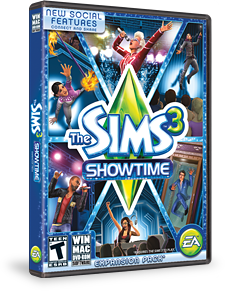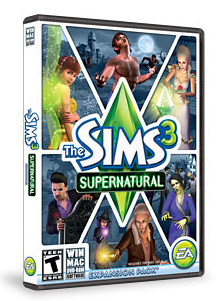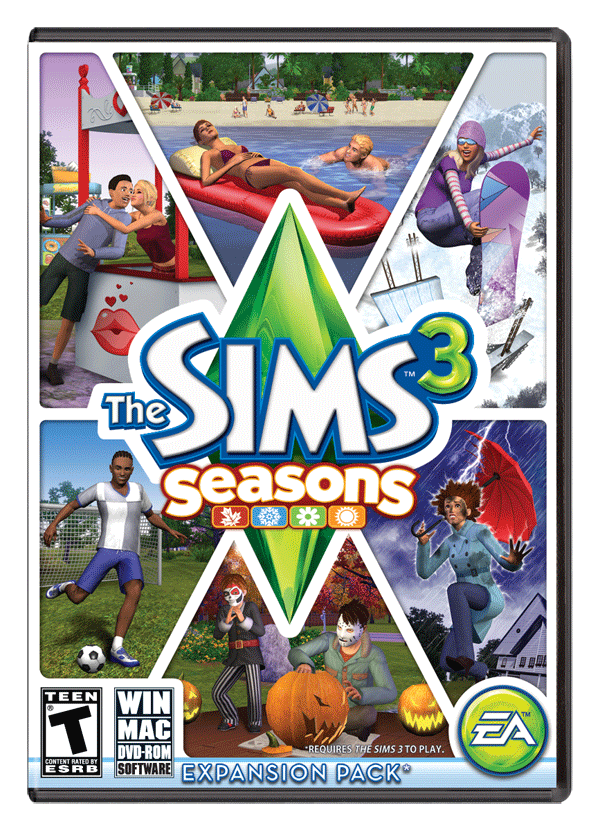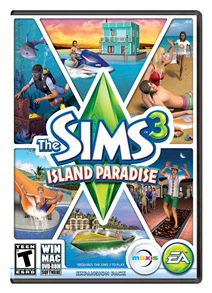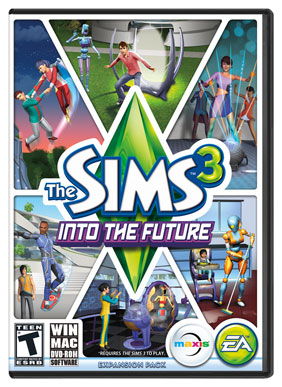
Imagine this: you just launched your game after years of hard work. Hours later, a top Twitch streamer plays it live, hits a bug, gets frustrated, and calls your game “a broken mess.” Within 24 hours, your Steam reviews plummet, refund requests spike, and social media erupts with negative memes.
This isn’t a hypothetical. In today’s gaming world, streamers can make — or break — your game in real time. And when things go south, your response in the first 24 hours can determine whether the crisis is a death sentence or a comeback story.
Here’s how to handle it like a public relations (https://techwavespr.com/services/public-relations/) pro.
Streamers Are the New Game CriticsGone are the days when reviews from IGN or GameSpot were the sole drivers of public perception. Today, Twitch, YouTube, and TikTok creators have the power to sway millions. When a popular streamer rants about your game, their audience doesn’t just listen — they adopt that opinion as their own.
This parasocial trust is powerful. One offhand comment — “This game is unplayable”— can spread like wildfire. And unlike traditional media, the reaction is immediate and emotional.
The First 24 Hours: Damage Control 101When the storm hits, the worst thing you can do is stay silent.
Step 1: Monitor Everything.
Track mentions of your game across platforms—Reddit, X (Twitter), Twitch clips, YouTube comments. Tools like Google Alerts, Talkwalker, and TweetDeck can help your team get a real-time view of what’s being said.
Step 2: Verify the Claims.
If the streamer criticized bugs, performance, or gameplay issues, assign your devs to investigate immediately. Even if you believe it’s exaggerated, you need data before you speak.
Step 3: Assemble Your Crisis Team.
Bring together PR, community managers, developers, and a decision-maker. This is not the time for silos. You’ll need quick, coordinated responses across channels.
Step 4: Communicate Fast—But Thoughtfully.
Release a short, professional statement acknowledging the feedback. If you’ve identified the issue, say so. If you’re still investigating, promise updates. Avoid defensive language. Transparency is key.
Example:
“We’re aware of the issues raised during a recent stream and are actively working to identify and fix the bugs. We appreciate all feedback and will keep the community updated.”
Talking to the Press and the PlayersOnce the issue is public, journalists will start digging. Don’t let them fill in the blanks themselves.
Offer short, quotable comments to press contacts. Be honest and solutions-oriented.
At the same time, engage your community — not just on X, but on Discord, Steam, Reddit, and forums. Your community manager should be replying, explaining, and assuring players that fixes are coming. If your studio has earned goodwill in the past, now is the time to use it.
Avoid copy-pasted corporate speak. Players will see through it in seconds.
Should You Respond to the Streamer?If the streamer was toxic or malicious, don’t engage publicly. But if their critique was legitimate — even if harsh — consider reaching out privately.
Offer a direct line for feedback. Let them know their voice was heard. In some cases, this can lead to a redemption arc: the same streamer returns weeks later to test the improved build and gives a thumbs-up to their audience.
That kind of comeback story? PR gold.
Rebuilding Trust Over 30 DaysOnce the immediate fire is out, your next challenge is recovery.
1. Release a Roadmap.
Let players know what you're fixing — and when. Use visuals. Be specific.
2. Publish Dev Logs or Behind-the-Scenes Updates.
This humanizes your team and shows you’re listening and learning.
3. Involve the Community.
Invite feedback via public Trello boards, surveys, or beta programs. Make your players feel like collaborators, not customers.
4. Bring in New Voices.
Partner with other influencers or streamers to test the new build. Let them showcase the progress. User-generated positivity is more powerful than any ad campaign.
Hate Isn’t the End
A streamer can break your momentum—but not your mission. Some of the most respected studios in gaming history have had rocky launches. What sets them apart is how they handled it.
Crisis PR in gaming isn’t about perfection—it’s about transparency, speed, and humility.
When your studio owns its flaws, listens to its players, and shows clear steps forward, it doesn’t just survive a PR crisis. It builds a reputation for integrity and resilience.
And in an industry driven by community, that’s the most powerful currency you have.















